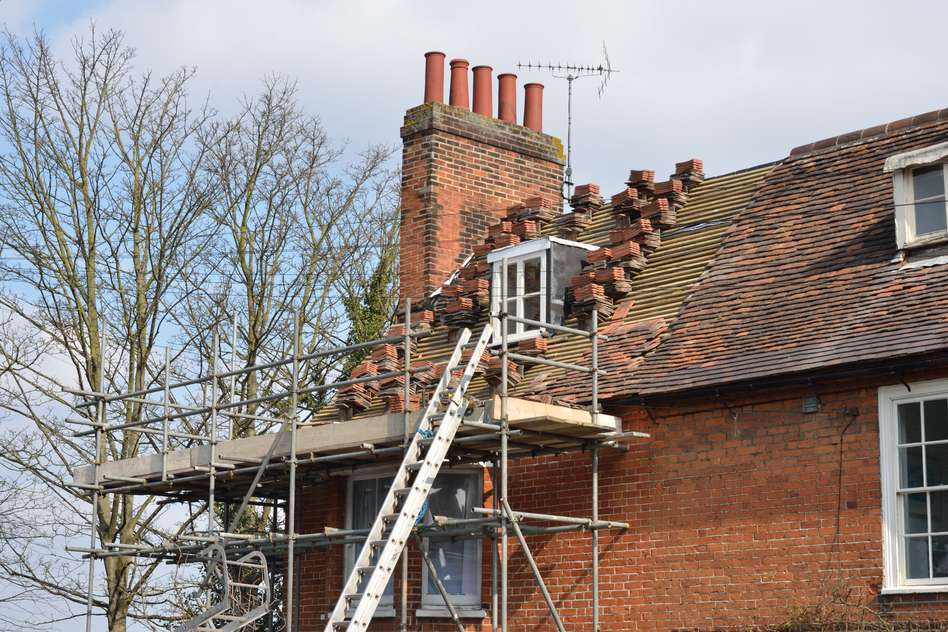Shared ownership homes: Who deals with the repairs and home improvements?

A sensible question: Who is liable for any repairs or home improvements needed to a property when it is shared ownership?
Shared ownership is a scheme that allows you to buy a share of a house and then pay rent on the remaining share.
A landlord is not responsible for replacing a kitchen or bathroom because you fancy a change. However, if you wish to make any structural changes to a property, you’ll need to check with a landlord. This is because any changes made to a property can increase or decrease its market value. This can affect the price if you buy shares of 5% or more, in the future.
If you have an ‘initial repair period’ then some things may be covered by this, or by the building warranty. You’ll be able to find out if there is an initial repair period in the ‘key information document’, your landlord provides a copy of this before you reserve your house.
External and structural repairs
For external and structural repairs, the building warranty will cover this for the first 10-12 years for new-build homes. If you buy a property through a shared ownership resale, then the remaining period on the building warranty will transfer to you.
This is different for flats – the building owner will be the one to arrange any external structural repairs needed and the cost will be divided between you and any other flat owners on the site.
Initial repair period
An initial repair period usually lasts up to 10 years and only applies if you own less than 100% of the property. After this time, all repairs are your responsibility.
If you purchased a shared ownership house in 2021, you may have an ‘initial repair period’ in your lease. This means, that during this initial repair period:
· The landlord is responsible for repairs and cannot use the reserve fund to pay for repairs
· Cannot use the service charges to pay for any external structural issues
However, you will still need to pay your service charge like normal, even if you are within the initial repair period.
As well as essential repairs outside of the building and structural repairs to the walls and floors, you can also claim up to £500 a year from the landlord to repair or replace fittings that are affecting the supply of water, gas, or electricity or for your boiler or radiators.
If you find yourself in a situation where something urgently needs repairing, you must tell your landlord at the earliest opportunity. The landlord can then physically inspect the issue and then decide if the works are essential.
You can find more information on this on the government website.
Chat to the Author, Jo Buck-Marshall
Solicitor, Residential Property, Bishop's Stortford office
Meet Jo
- Areas of expertise
- Testimonials
Leila Sharp
Bishop's Stortford
'Cannot fault. Always great communication and always there to support if got any queries Thank you Jo'
